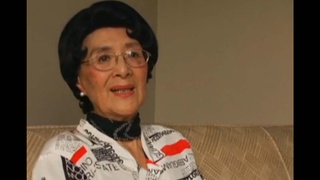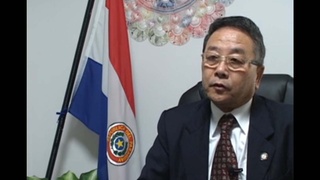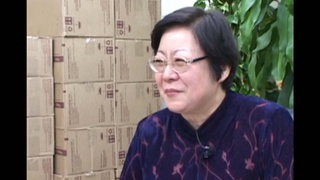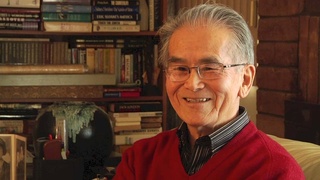Interviews
Why I’m glad I immigrated to America (Japanese)
(Japanese) If I had been in Japan at the time, I wouldn’t have been able to live with an American. Since I’ve come here, all my husband’s relatives have been good to me. That makes me feel like I really am glad I came to America. Now, in Japan, everyone’s living with foreigners and things...how do you say it…the progress of internationalization is intense in Japan, right? But back then, it was still a little scary. So, I didn’t know whether or not I should be happy without reservations.
Date: January 26, 2012
Location: California, US
Interviewer: John Esaki, Yoko Nishimura
Contributed by: Watase Media Arts Center, Japanese American National Museum










